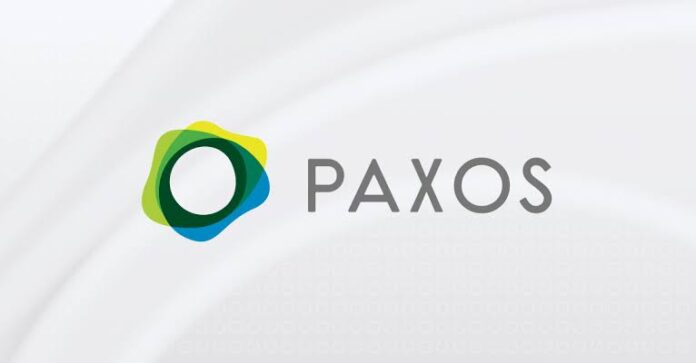Paxos Trust Company, the crypto infrastructure firm behind PayPal’s PYUSD stablecoin, has applied to convert its New York limited-purpose trust charter into a US national trust bank charter. The move revives an effort that lapsed in 2023.
If approved, the charter from the Office of the Comptroller of the Currency (OCC) would allow Paxos to safeguard customer assets and handle payments nationwide under federal supervision. Unlike traditional banks, a national trust bank cannot take cash deposits or issue loans.
“OCC oversight will help build on our historic commitment to maintaining the highest standards of safety and transparency,” said Charles Cascarilla, Paxos co-founder and CEO.
First Charter Expired Before Launch
Paxos first applied for a national trust bank charter in December 2020, receiving conditional approval from the OCC in April 2021. This allowed the company to work towards meeting capital, compliance, and operational requirements before launch.
However, OCC rules state that conditional approvals expire after 18 months if the bank does not open, unless extended. Paxos’s approval expired on 31 March 2023.
Since 2015, the company has operated under its New York limited-purpose trust charter and previously said it would seek federal oversight when the timing was right.
Regulatory Challenges and Binance Fallout
Paxos did not disclose why its first charter expired, but the period was marked by growing regulatory pressure.
In February 2023, the New York Department of Financial Services (NYDFS) ordered Paxos to halt the issuance of Binance USD over compliance concerns, ending its partnership with Binance.
That scrutiny intensified last week when Paxos agreed to a $48.5 million settlement with the NYDFS. The deal includes a $26.5 million fine and a $22 million investment in strengthening its compliance systems, addressing alleged failures to uphold anti-money laundering rules.
Paxos’s fresh application comes shortly after the GENIUS Act created the first federal framework for stablecoin issuers. It also follows a series of similar applications from other companies in the sector, including Ripple and Circle.


